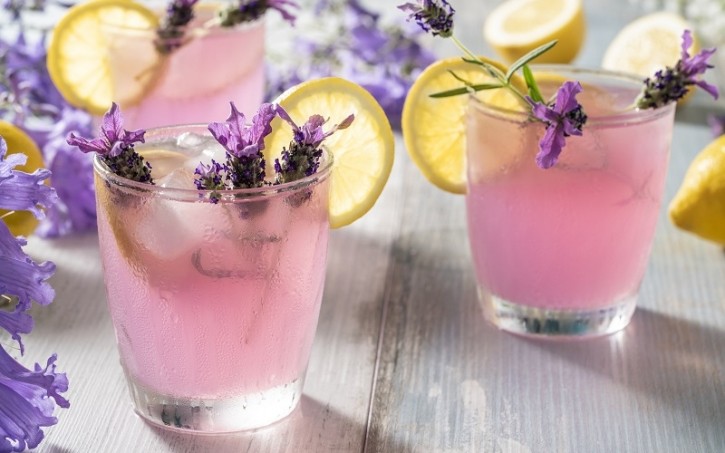DSM-Firmenich discusses opportunities, formulation challenges of working with adaptogens

"Adaptogens and botanicals aren't necessarily new to the industry, but [it’s a] super-hot topic at the moment, given some of consumers' health concerns, specifically around mental health,” said Aaron Rokoszak, regional marketing manager of taste, texture and health at DSM-Firmenich.
Stressed consumers turn to functional products, coffee alternatives on the rise
At the heart of the demand for functionality is a stressed and anxious populace, Rokoszak said. Per the International Food Information Council's 2023 Food and Health Survey, 60% of the more than 1,000 American adults IFIC queried reported being very stressed, and 74% believed what they ate and drank had a significant or moderate impact on their overall well-being.
“We see the most activity in beverages, and this is particularly from trends that are making their way over from dietary supplements into functional foods and beverages. But we also see trends around non-alcoholic alternatives ... [and] ready-to-eat formats for on-the-go occasions such as bars, even ready-to-drink coffee or dairy and dairy alternatives. So, a lot of the boundaries and categories are starting to blur.”
The coffee alternative space is increasingly popular with ingredients like l-theanine from green tea leaves, ashwagandha, ginger, and Panax ginseng, said Sharon Platt, technical manager for DSM-Firmenich. Mintel highlighted coffee alternatives as an important ingredient for brain health claims, as consumers look for functional benefits as they adjust their caffeine levels.
"Then, you get the folks that want to be alert and awake without the jitters," Platt said. "Some people want more caffeine, and they want [200-400mg] in a can, and now others [are saying], ‘How can I be alert [and] how can I feel refreshed without the caffeine?’"
[Editor’s note: Interested in learning more about the functional beverage set? Join FoodNavigator-USA Sept. 20 for our free webinar: Functional beverages AM to PM: From energy drinks and focus to clarity and calm. Register today to secure your seat!]
Understanding the formulation challenges of working with botanicals
CPG companies must tackle several key formulation challenges to ensure that a product with botanicals and adaptogens tastes good, working within the limits of its base ingredients, Platt explained. To help, DSM-Firmenich provides "end-to-end formulation advice," Rokoszak said.
“We look at each ingredient individually in terms of its solubility, its aroma, its flavor, its color. And then once we look at all of those ... we look at what happens when you put them all together into the same beverage,” Platt said.
The pH of a product is also very important, and it must be tested for in low pH products like energy drinks, hydration beverages, and muscle milks, Platt said. For ingredients like ashwagandha and other botanicals, each ingredient or combination of ingredients has an upper limit that can be added to ensure stability and taste. DMS-Firmenich might also recommend not exceeding “X number of milligrams per eight-ounce serving, or you might run into trouble,” she added.
In addition to ensuring products taste and look great, DSM-Firmenich also runs shelf-stable tests on its adaptogenic premixes and other ingredients, which can provide insight into problems that CPG companies might face, Platt said.
“If something doesn't look so good, we come back and say, 'What do we need to modify here if our customer asks for that type of a blend?' We can now give them guidance. Is it a flavor they need guidance on, should they ... put a color in it or add an aroma? And so that's part of what the lab does is studies each individual ingredient and then builds the premixes and then around the health platform and then takes them studies the shelf life of that also so that way we can give the best guidance to our customers.”













